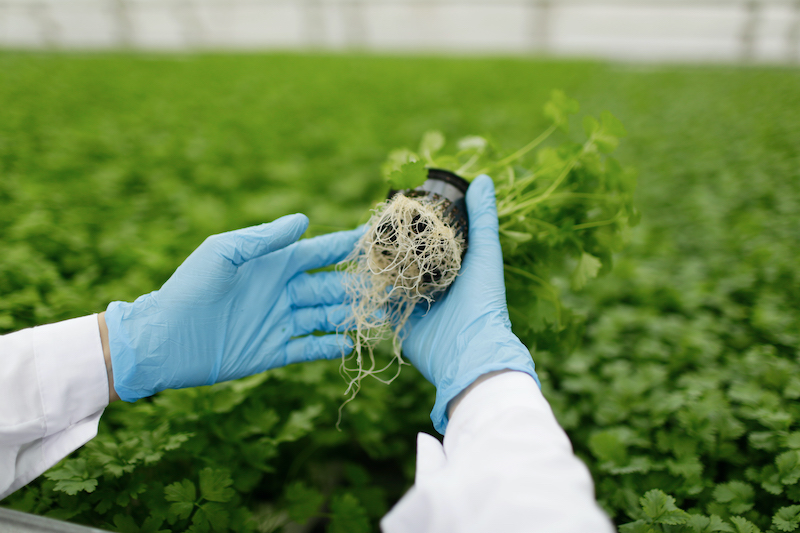Breeding and Hybrid Varieties
Crop breeding and the development of hybrid varieties have revolutionized agriculture by improving yield, quality and resilience. These scientific advancements address critical challenges such as climate change, pest resistance and the need for sustainable farming practices.
Understanding Plant Breeding
Plant breeding is the science of modifying the genetic traits of plants to create desired characteristics. This process involves selecting parent plants with specific traits and crossing them to produce offspring with improved performance. Breeding focuses on traits such as higher yield to maximize food production, disease resistance to minimize crop losses, drought tolerance to adapt crops to changing climatic conditions and nutritional value to enhance the health benefits of crops.
What are Hybrid Varieties?
Hybrid varieties are the result of crossing two genetically distinct parent lines to produce offspring that exhibit superior traits. These traits may include higher productivity, uniformity and resistance to environmental stresses. For example, hybrid rice and maize have significantly improved global grain production. Hybrid vegetables like tomatoes and cucumbers are also widely cultivated for their uniform size and shelf life.
The Breeding Process
The process of developing hybrid varieties begins with the selection of parent plants that exhibit desirable traits such as disease resistance or high yield. Once the parents are chosen, controlled cross-pollination is conducted to combine their genetic material. The resulting offspring, or progeny, are then rigorously evaluated under various conditions to identify those that display the targeted traits. The best-performing hybrids are subsequently stabilized to ensure consistency and reliability for commercial production. Modern techniques like marker-assisted selection and genetic engineering have further revolutionized this process, making it faster and more efficient.
Challenges in Breeding and Hybrid Development
Hybrid varieties, despite their numerous advantages, come with certain challenges. One major issue is cost and accessibility, as hybrid seeds are often expensive, making them less affordable for small-scale farmers. Additionally, farmers become dependent on seed companies since hybrid seeds must be purchased anew each season as saved seeds do not retain the same vigor or yield potential. Another significant concern is the potential loss of genetic diversity. Over-reliance on hybrids can reduce the genetic variability in crops, making them more susceptible to diseases and environmental stresses, which could threaten long-term agricultural sustainability.
The Role of Modern Technology
Advanced technologies like CRISPR-Cas9 gene editing and genomic selection are pushing the boundaries of crop breeding. These innovations allow breeders to precisely edit genes for specific traits, reducing the time and resources required for traditional breeding methods.
Conclusion
Breeding and hybrid varieties represent the cutting edge of agricultural science, offering solutions to some of the world’s most pressing challenges. By optimizing crop traits, these advancements not only increase productivity but also pave the way for a more sustainable and resilient agricultural system. With continued innovation, breeding and hybrids hold the promise of a brighter, food-secure future.
Comments are closed.




